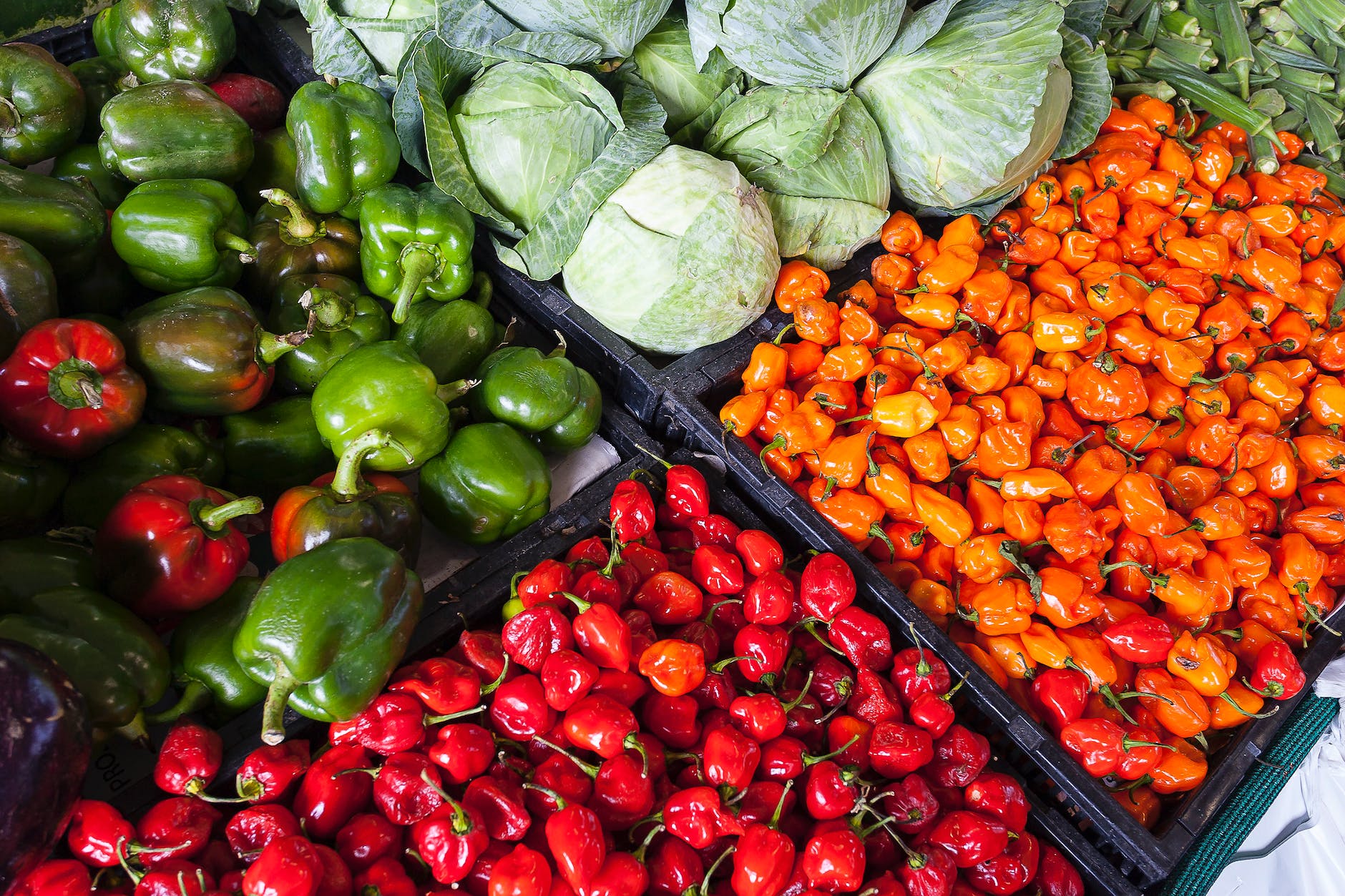
Hello, fellow keto enthusiasts! Today, we’re diving into the world of seafood and focusing on a delightful and versatile option: shrimp. Known for its delicate flavor, tender texture, and impressive nutritional profile, shrimp is a popular choice for those following a ketogenic lifestyle. Join us as we explore the wonders of shrimp and discover why it’s a delicious and nutrient-dense addition to your keto diet.🍤🥗
The Nutritional Benefits of Shrimp 🍤
Shrimp is not only low in carbohydrates but also packed with essential nutrients that promote overall health and well-being. Here are some key nutritional benefits of shrimp:
- Protein Powerhouse: Shrimp is an excellent source of high-quality protein. Protein is essential for building and repairing tissues, supporting muscle growth, and providing a sense of satiety. A 100-gram serving of shrimp provides approximately 24 grams of protein, making it a valuable protein source for keto dieters. Protein also helps maintain lean muscle mass during weight loss.
- Low in Carbohydrates: Shrimp is incredibly low in carbohydrates, making it a perfect fit for a keto diet. It contains less than 1 gram of carbohydrates per 100 grams, making it an excellent choice for those aiming to minimize their carb intake while enjoying a variety of flavors. This makes shrimp a versatile ingredient that can be incorporated into a wide range of keto meals without derailing your daily carb limit.
- Rich in Omega-3 Fatty Acids: Shrimp is a good source of omega-3 fatty acids, particularly EPA (eicosapentaenoic acid) and DHA (docosahexaenoic acid). These essential fatty acids play a crucial role in supporting heart health, reducing inflammation, and promoting brain function. Omega-3 fatty acids are particularly beneficial for individuals following a keto diet as they help balance the macronutrient ratios and support overall well-being.
- Vitamins and Minerals: Shrimp is a rich source of various vitamins and minerals that contribute to your overall nutrient intake. It contains notable amounts of vitamin B12, which is essential for nerve function and the production of red blood cells. Shrimp is also a good source of selenium, an important mineral that acts as an antioxidant and supports thyroid function. Additionally, it provides vitamins E and D, magnesium, zinc, and phosphorus, which are necessary for various bodily functions.
- Low-Calorie Option: Shrimp is relatively low in calories compared to many other protein sources. This makes it an excellent choice for those looking to manage their caloric intake while still meeting their nutritional needs. With approximately 85 calories per 100 grams, shrimp can be enjoyed in generous portions without compromising your keto goals.
Incorporating Shrimp into Your Keto Meals 🥗
One of the fantastic aspects of shrimp is its versatility in the kitchen. Whether you enjoy it grilled, sautéed, or baked, shrimp can be incorporated into a wide range of keto-friendly meals. Here are some ideas on how to enjoy shrimp on your low-carb journey:
- Keto-friendly Stir-Fries: Sauté shrimp with low-carb vegetables like bell peppers, zucchini, and broccoli in a flavorful sauce made with ingredients like soy sauce, ginger, and garlic. Serve over cauliflower rice or zucchini noodles for a satisfying and nutritious meal. You can add extra variety by including other keto-friendly ingredients like mushrooms, snow peas, or bok choy.
- Zesty Shrimp Salads: Create vibrant and refreshing salads by pairing shrimp with leafy greens like spinach or arugula, cherry tomatoes, avocado, and a tangy dressing. Consider adding additional low-carb veggies such as cucumber, radishes, or bell peppers for extra crunch and nutrients. This combination of flavors and textures provides a delightful balance to your keto-friendly salad.
- Grilled Shrimp Skewers: Thread shrimp onto skewers with low-carb vegetables like cherry tomatoes, bell peppers, and onions. Brush them with a marinade of olive oil, lemon juice, herbs, and spices, then grill until the shrimp is pink and cooked through. These skewers make a perfect protein-rich option for your keto barbecue gatherings. Feel free to experiment with different spice blends or marinades to suit your taste preferences.
- Shrimp and Cauliflower Rice: Sauté shrimp with garlic, butter, and spices, then serve it over a bed of cauliflower rice. This simple and flavorful dish can be customized with additional keto-friendly ingredients like diced bell peppers, chopped broccoli, or grated Parmesan cheese. You can also add a touch of freshness with a squeeze of lemon juice or sprinkle of fresh herbs such as parsley or basil.
- Creamy Shrimp Casseroles: Create rich and creamy casseroles by combining cooked shrimp with keto-friendly ingredients like heavy cream, cream cheese, and grated cheese. Add in low-carb vegetables such as spinach, mushrooms, or artichokes for extra flavor and nutrients. Bake until the casserole is hot and bubbly, and the cheese is golden brown. This comforting and satisfying dish is perfect for cozy keto dinners.
Shopping Tips and Sustainability Considerations ♻️
When purchasing shrimp, consider choosing wild-caught or sustainably sourced options. Look for labels or certifications that indicate responsible fishing practices and sustainable farming methods. Sustainable shrimp options help support healthy marine ecosystems and ensure the long-term availability of this delectable seafood.
Additionally, opt for shrimp that are free from added antibiotics or preservatives for a healthier choice. Check with your local fishmonger or seafood counter to learn more about the sourcing and quality of the shrimp available to you.
Listen to Your Body and Adjust Accordingly 🧘♀️
While shrimp is generally considered a healthy and keto-friendly food, it’s essential to listen to your body’s response and adjust your intake based on your individual needs and goals. Some individuals may have allergies or sensitivities to shellfish, so be mindful of any adverse reactions.
Additionally, be cautious with the ingredients and sauces used in shrimp dishes to avoid hidden carbohydrates and additives. Pay attention to your body’s reactions, energy levels, and overall progress towards your health objectives. Experiment with portion sizes and monitor your body’s response to find the right balance for your keto journey.













